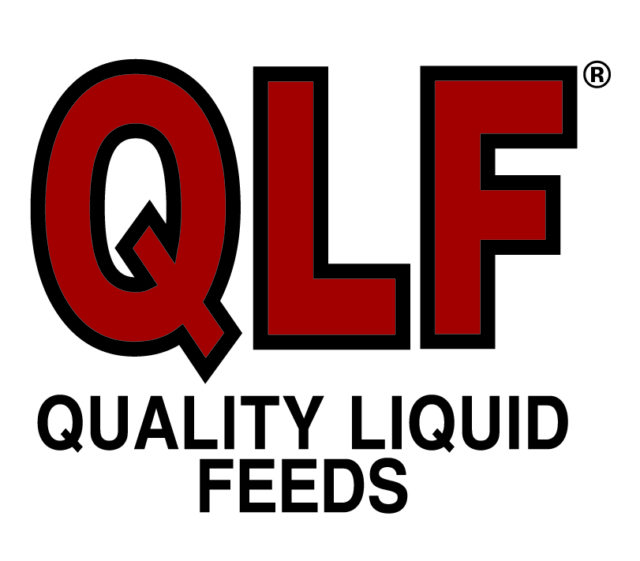At every dairy conclave this year, the matter of milk protein concentrates (called MPCs) has become a major talking point. MPCs are any type of concentrated milk that contains 40 to 90 percent milk protein. In simple terms, they are manufactured by extracting and drying the protein from raw milk and have been used in the manufacture of numerous products, both dairy and non-dairy.
Currently most MPCs used in the manufacture of food products are imported into the U.S., and this importation has contributed to an environment of constant milk price volatility. Over the last few months, many producers and their advocates have pointed to the inequities of the MPC situation.
It is now time to see action on this. Historically, in an effort to protect the domestic dairy industry, the U.S. government has imposed tariffs and quota limits on the importation of dairy products.
Obviously, these limitations’ primary purpose is to ensure that our domestic production is not displaced by imports. We will not be a nation without a food supply. For all the good intentions of these tariffs, manufacturers of dairy products have found a clever way around such quotas and tariffs. They found a product that acts as a replacement for dry powder that doesn’t fall under the current quota limitations.
Imported dry milk powder is currently limited to 5,261,000 kilograms (about 5,800 tons), and the existing tariff is $0.033 per kilogram. Over the last decade, manufacturers of dairy foods have discovered that using milk protein concentrates, in lieu of dry milk powder, has resulted in increased yields of those foods. However, no limitation exists for the importation of MPCs, and tariffs are $0.0037 per kilogram. (Ten times cheaper than dry milk powder.)
The same domestically produced dry milk powder we had been using in the production of our dairy foods is finding itself displaced by foreign imports that skirt the spirit of the existing tariff rules.
Why are domestic dairy food manufacturers trading out your cows’ milk for protein extracts from foreign sources? Answer: It makes them more money.
The other disconcerting part about the use of MPCs is their lack of FDA approval for their use as a food additive. In 1958, the Food and Drug Act forbade the use of any food additive not approved by the Food and Drug Administration. The FDA may only approve additives shown to be safe.
Two groups of substances are exempt from requiring FDA approval – those additives sanctioned for use in food prior to 1958 (which MPCs are not) and any substance generally regarded as GRAS or “generally recognized as safe.”
So what does it take for a food ingredient to achieve GRAS status? In 1997, the FDA instituted a system requiring manufacturers to notify the FDA of their GRAS ingredient status and provide evidence supporting their usage decision. After evaluating the notification, the FDA has a flexible 90-day time period to respond.
Once the manufacturer makes a self-determined GRAS declaration, they are free to use the ingredient until the FDA rules otherwise. To date, there has been no self-determined GRAS submission for the use of MPCs reported, yet their use in manufactured dairy products continues unabated.
Should the FDA rule in favor of the use of MPCs, or a proper scientific study of the safety of MPCs and the process of their production, be submitted, these dairy products need to be treated consistently with those products they have displaced. As of July 30, Sen. Charles Schumer (D-NY) introduced a bill before Congress which would modify the existing Harmonized Tariff Schedule.
This bill would place a quantitative limit on the importation of Milk Protein Concentrates for both types of MPCs, those for industrial use and those used as a food additive. Those MPCs defined under Chapter 35 of the Harmonized Tariff Schedule of the U.S. would be limited to 55,477,000 kilograms per calendar year and would be deemed suitable for industrial uses other than food.
The MPCs defined under Chapter 4 of the schedule, which would compete with dry milk powder, would now be limited to 18,488,000 kilograms a year. The only concern with this new legislation is whether it is going to result in substantial change. This newly proposed limit for Chapter 4 MPCs is still three-and-a- half times the existing limit on dry milk powder, and offers no guidance regarding an increase in the tariff imposed on such imports.
So here we are, 11 months deep into the worst economic downturn for dairymen since the Great Depression, and a heavily contributing factor is simply a failure in government oversight. It is now time for the FDA to issue a clear and unambiguous yea or nay on the subject of MPCs and it is time for the U.S. House of Representatives and the U.S. Senate to tell the cheesemakers, “You want MPCs? Make them yourself with milk produced in this country!” PD
Michael Converse
Accountant
Genske & Mulder
mike@genskemulder.com




